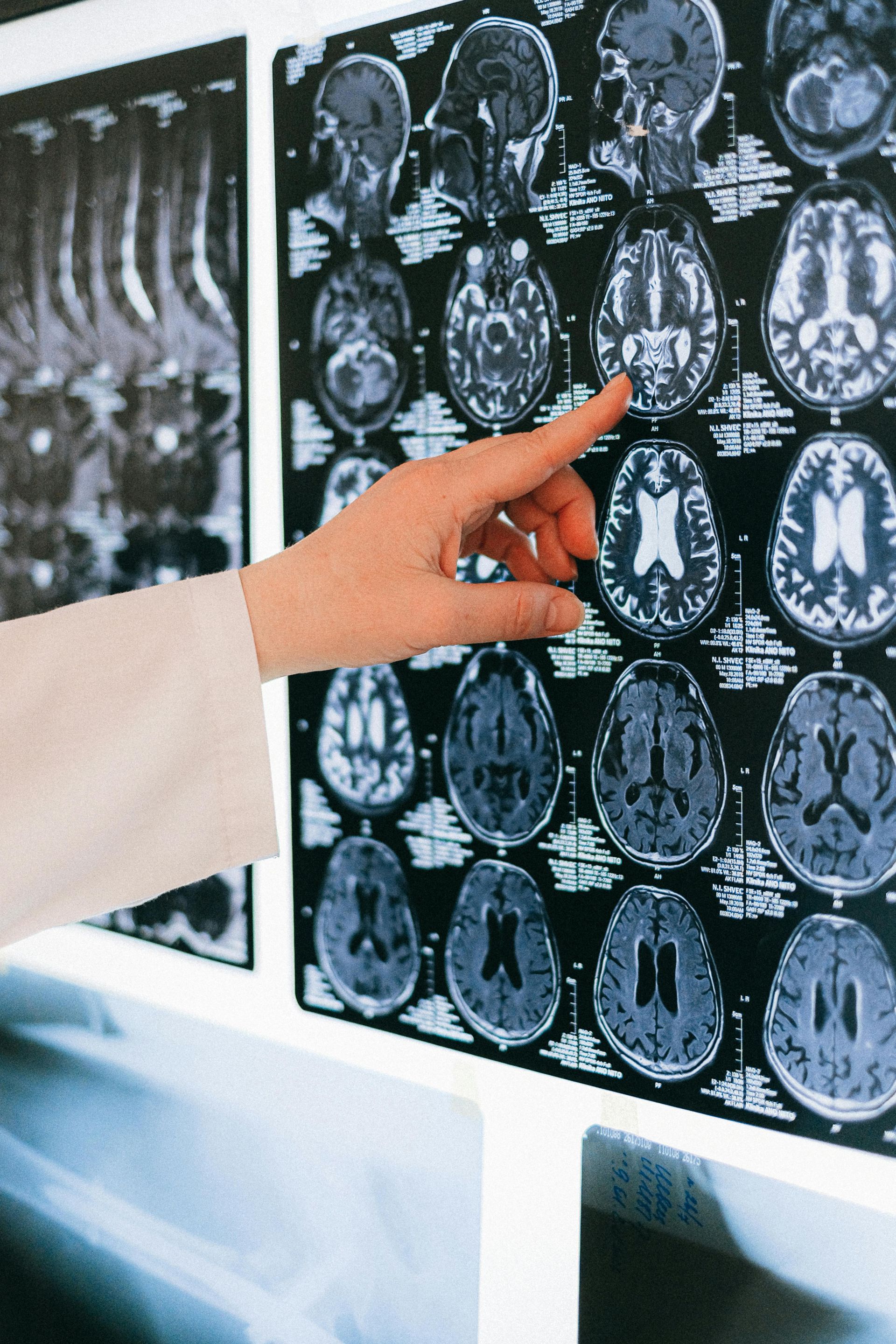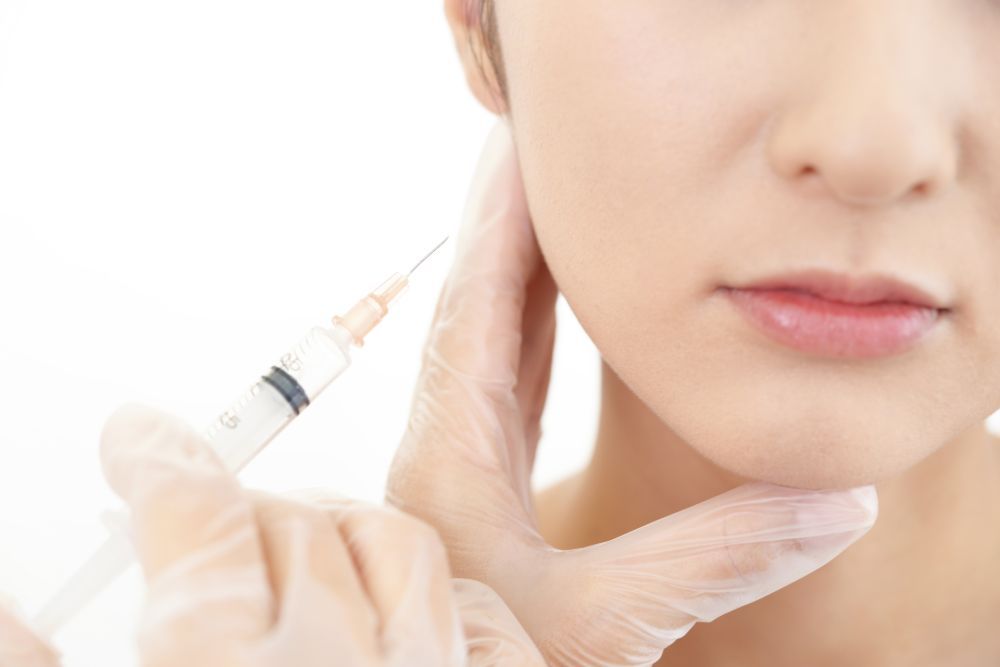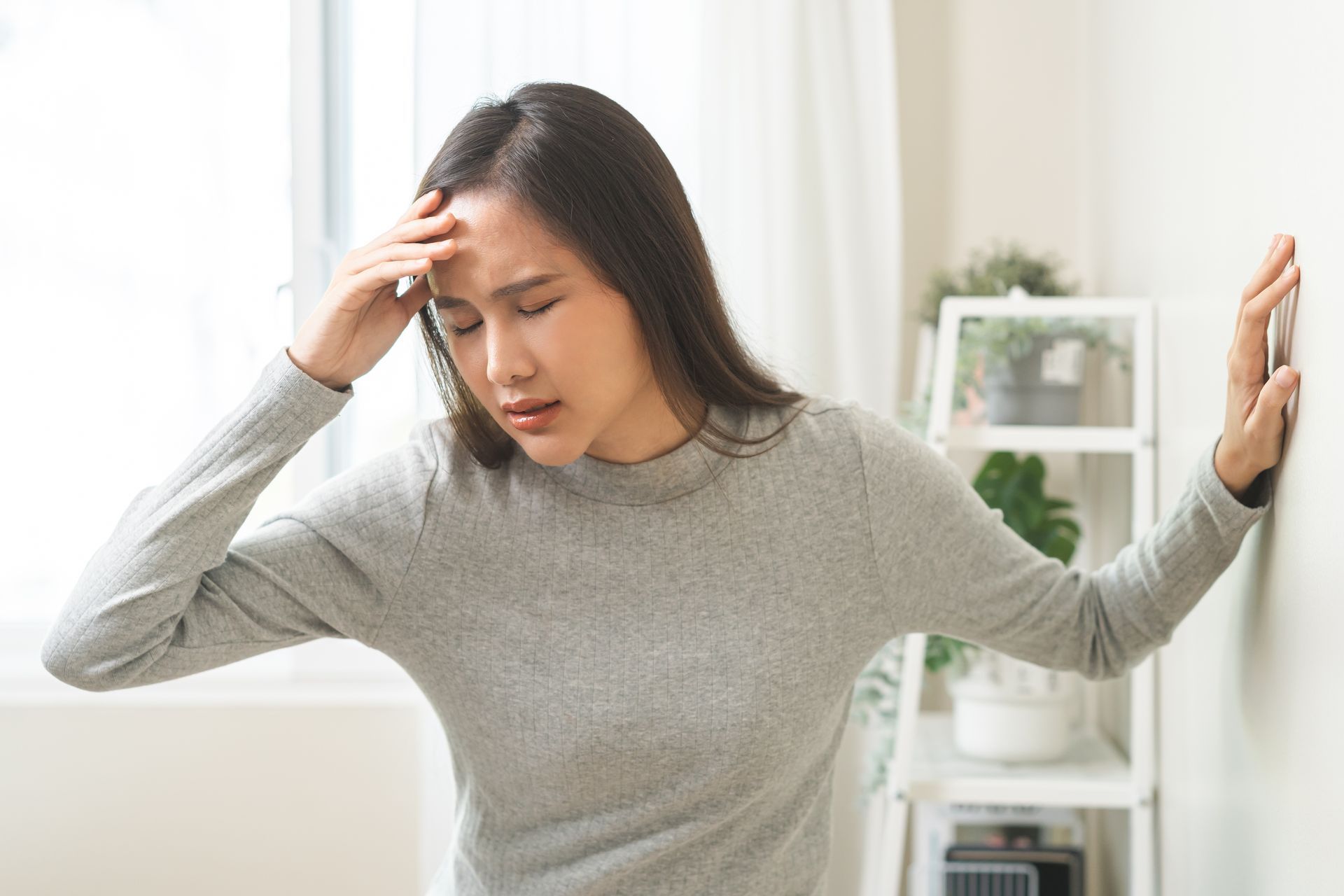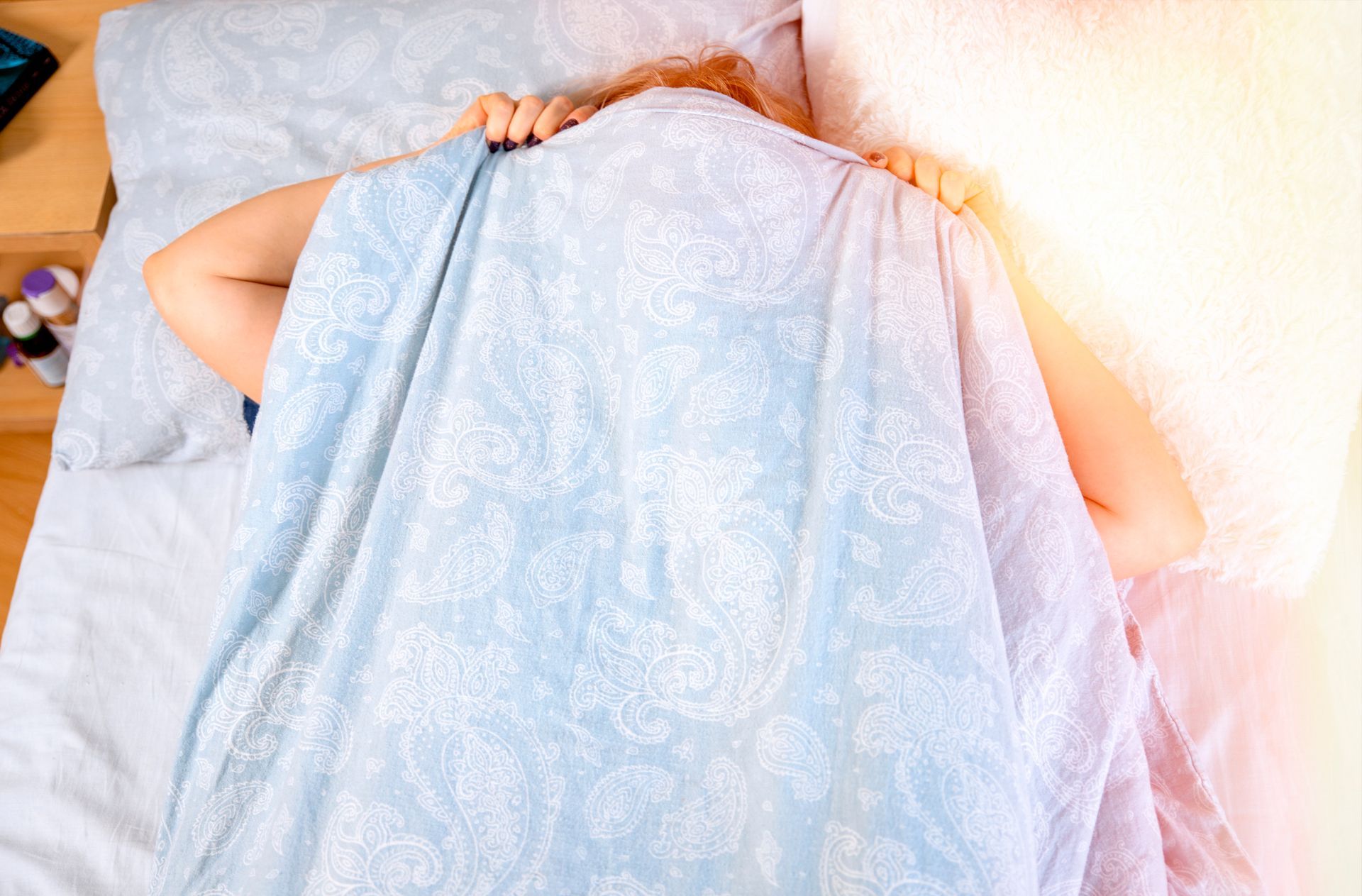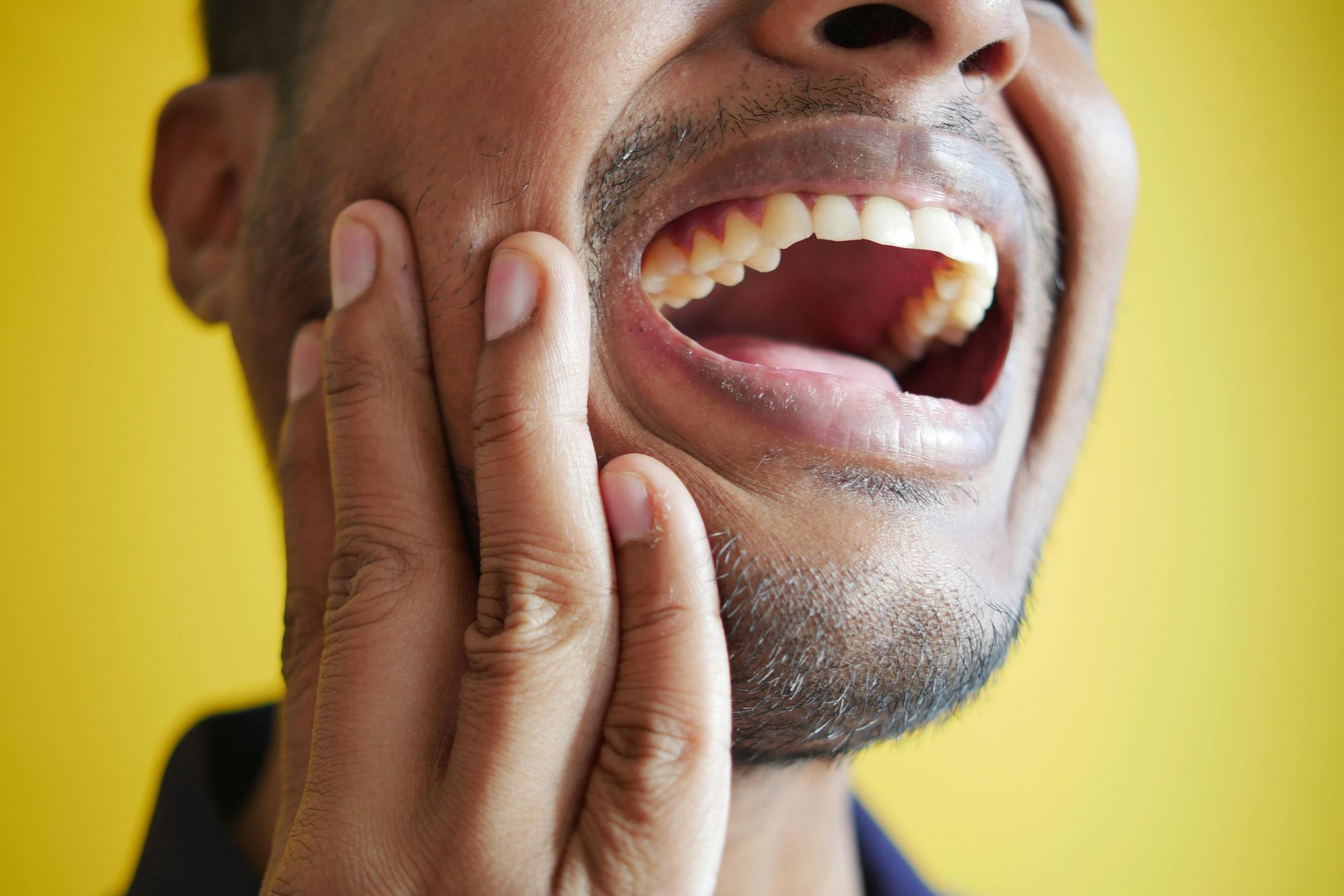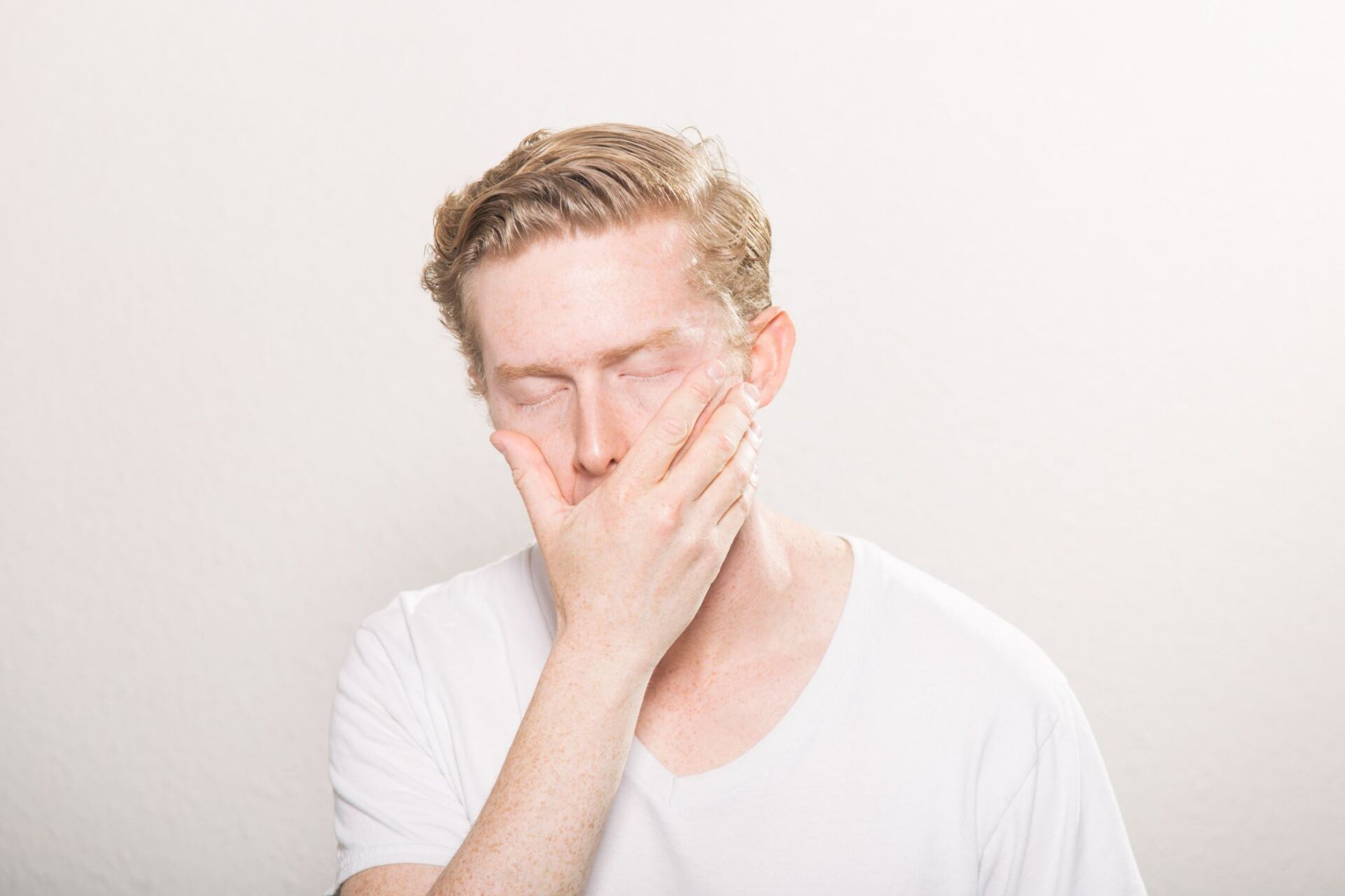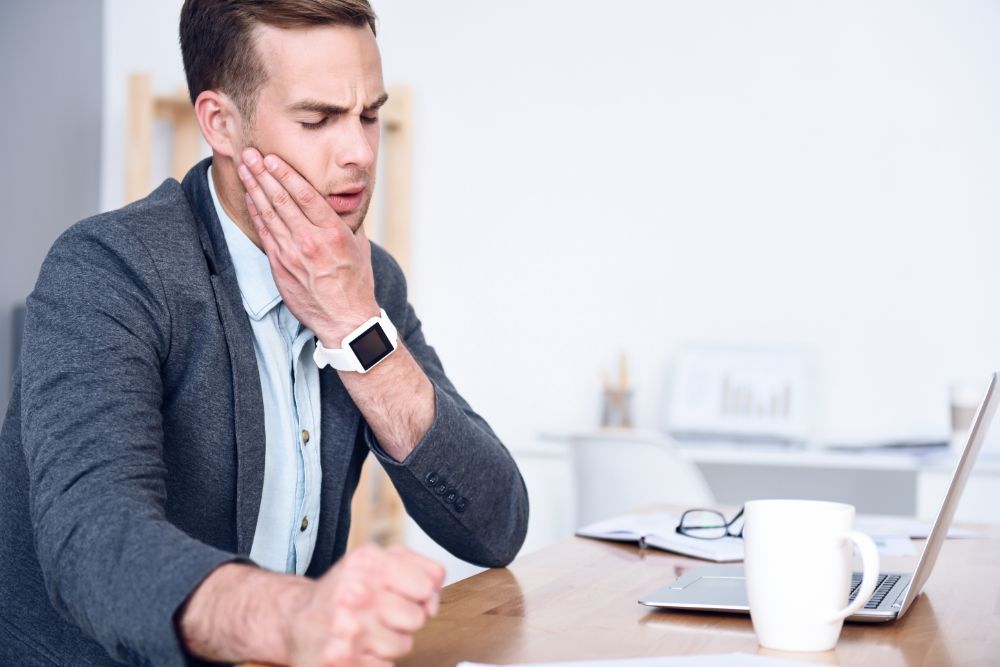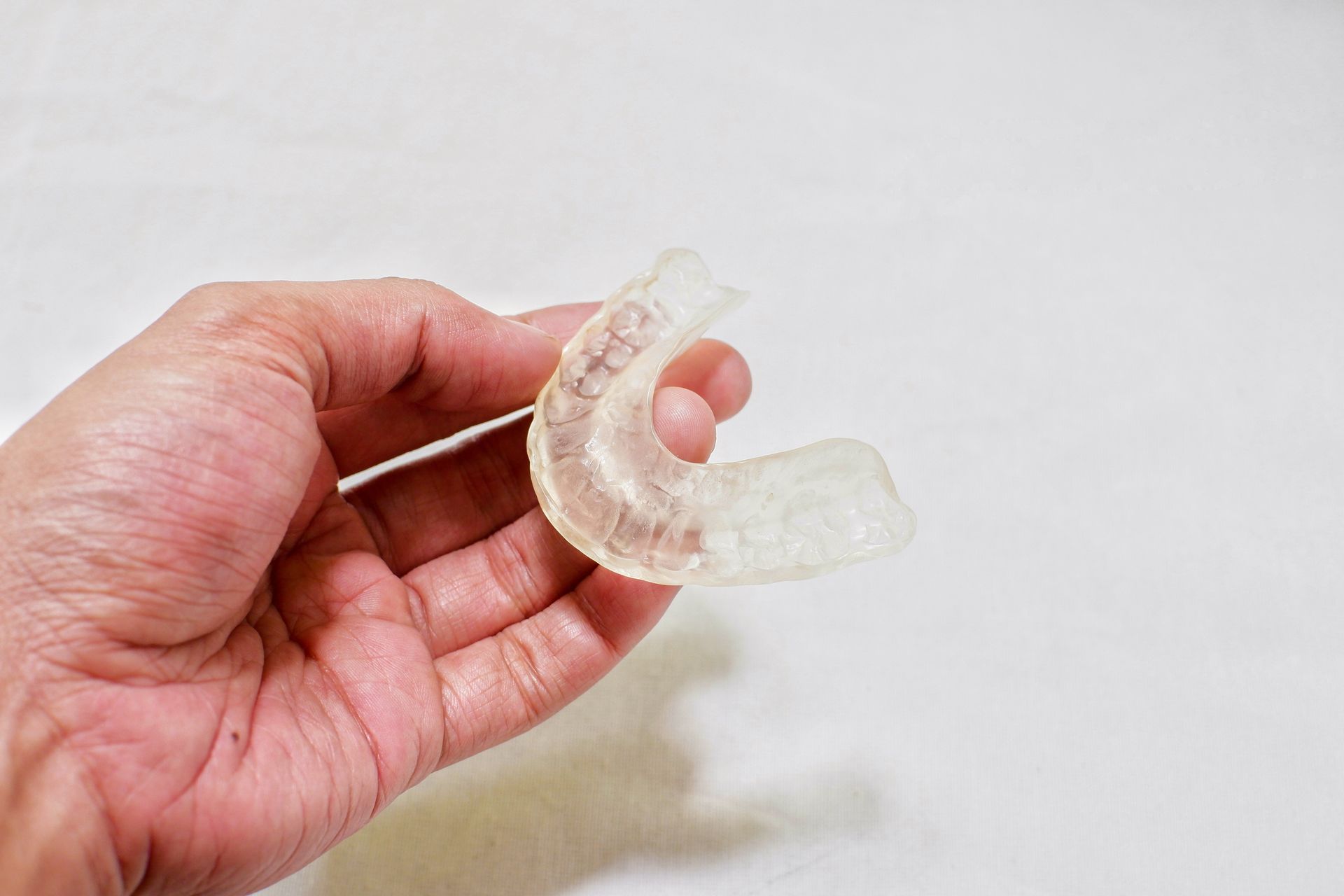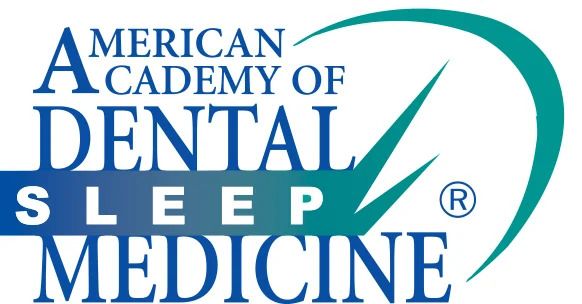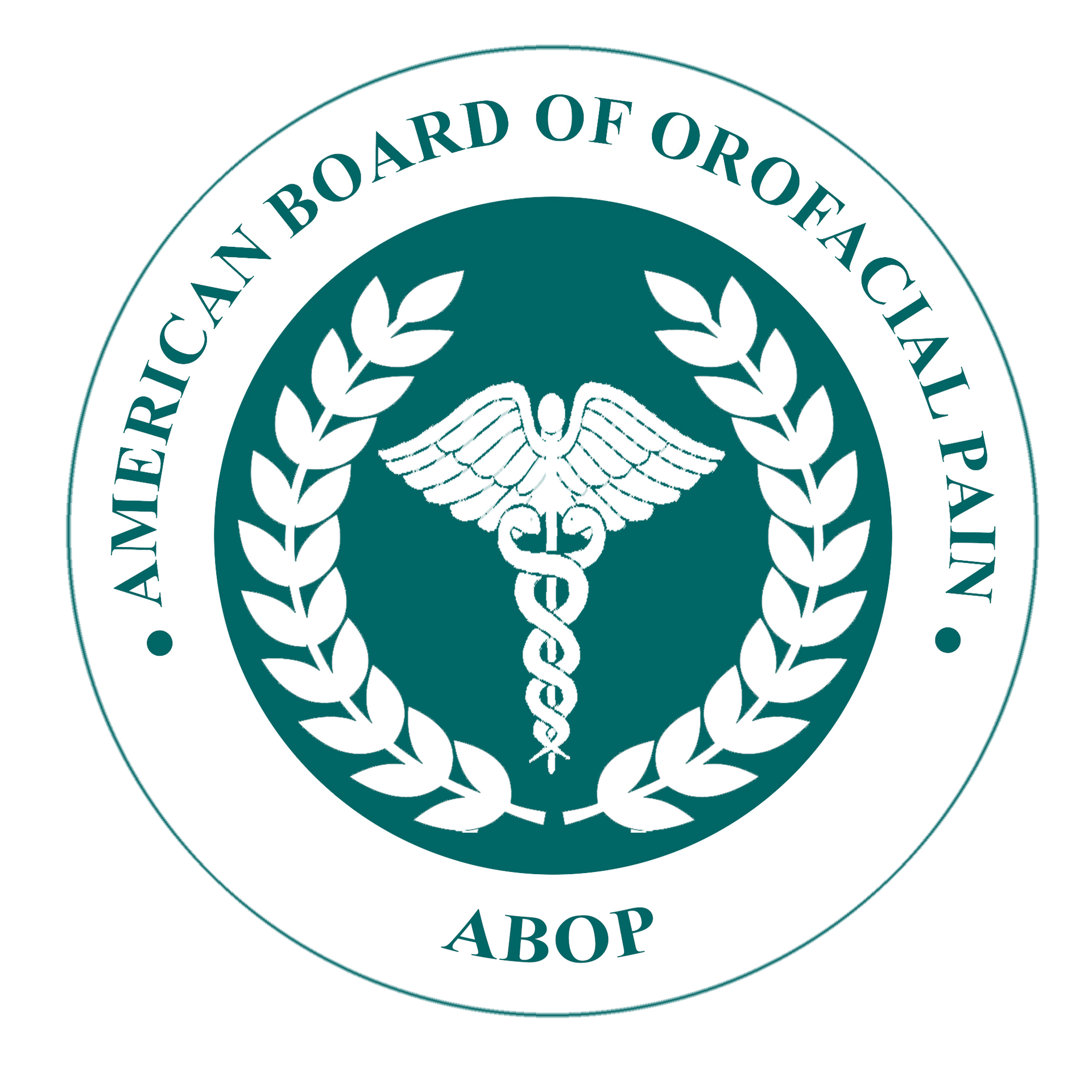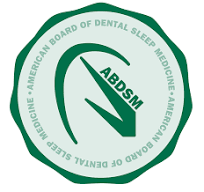A Complete Guide to Oral Appliances for Better Sleep
Effective Oral Appliances for Sleep Disorders
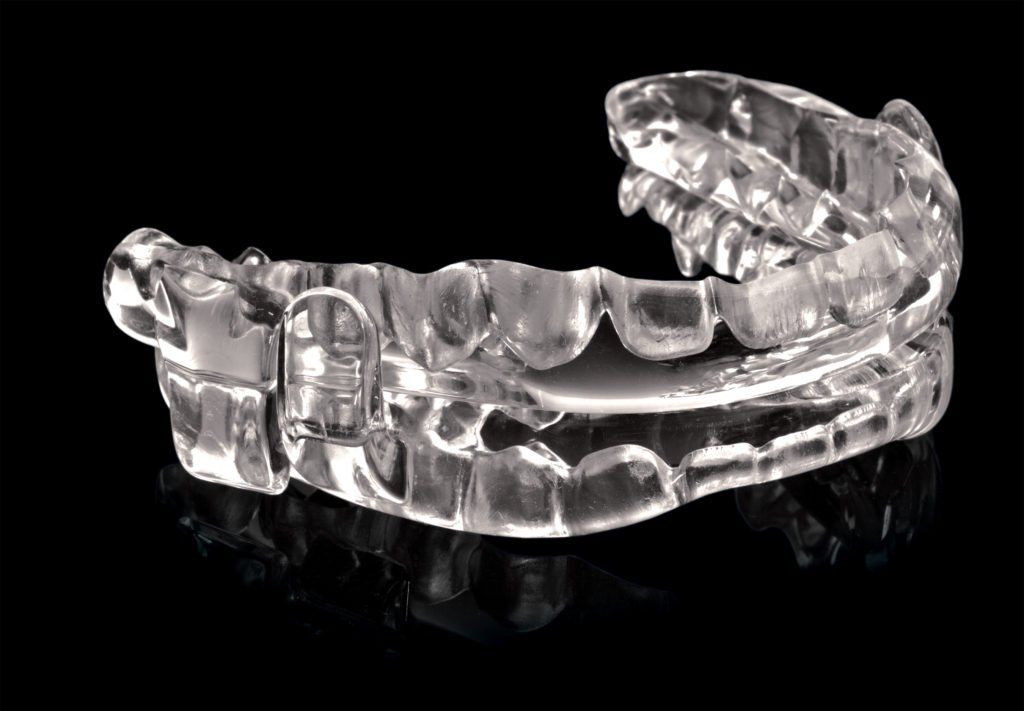
Sleep apnea and other sleep disorders can significantly impact a person's health and well-being. They may cause fatigue, mood swings, and an overall decreased quality of life. While various treatment options are available, oral appliance therapy has become increasingly popular for its convenience and effectiveness.
Dr. Katherine S. Phillips of Restore TMJ & Sleep Therapy is board-certified in dental sleep medicine and the past president of the American Board of Dental Sleep. For more than a decade, she has focused the scope of her practice on treating patients with sleep disorders through therapies like oral appliances, treating thousands of patients and delivering over 6000 appliances. If you suffer from sleep breathing disorders like snoring or mild to moderate obstructive sleep apnea, oral appliances from Restore TMJ & Sleep Therapy may be the solution you need for better sleep.
What are Oral Appliances for Sleep Disorders?
Oral appliances are small, custom-fitted devices placed in the mouth at night to help treat sleep apnea and other sleep disorders. There are different types of oral appliances, including mandibular advancement devices (MADs), tongue retaining devices (TRDs), mouth guards, and hybrid oral appliances. These devices work by repositioning your tongue or jaw to help keep your airway open during sleep or prevent you from clenching your jaw or grinding your teeth.
Oral appliances can be used to treat various sleep conditions, including:
- Obstructive sleep apnea (OSA)
- Snoring
- Teeth grinding (bruxism)
- Temporomandibular joint disorder (TMJ)
In addition to treating sleep apnea and snoring, oral appliances can also be used to treat TMJ (temporomandibular joint disorder) and bruxism (teeth grinding). TMJ and bruxism can cause pain, discomfort, and damage to your teeth and jaw joints. Oral appliances designed for these conditions can help align your jaw, reduce muscle tension, and prevent teeth grinding during sleep.
Advantages of Oral Appliance Therapy for Sleep Disorders
Seeking help from a qualified dental professional like Dr. Phillips, who is trained in dental sleep medicine, is essential if you are experiencing symptoms of sleep apnea or other sleep disorders, such as loud snoring, gasping for air during sleep, or daytime fatigue. Other signs that you may have a sleep disorder or TMJ include pain or tenderness in the jaw, difficulty chewing or a locked jaw, headaches, and teeth grinding.
While traditional treatments such as continuous positive airway pressure (CPAP) machines can be effective, many patients struggle with compliance due to the device's size and noise. Oral appliance therapy, however, offers several advantages over other treatment options for sleep conditions. Oral appliances are comfortable and easy to use, making them an excellent alternative to bulky and cumbersome CPAP machines, and many patients find oral appliances more comfortable than CPAP machines, making it more likely that they will comply with treatment. Additionally, oral sleep appliances are more cost-effective as compared to other treatment options as well as easier to clean and maintain.
Because Dr. Phillips specializes in both TMJ and dental sleep medicine can evaluate your symptoms, recommend the appropriate oral appliance, and monitor your progress to ensure the best possible outcome. She can also refer you to a sleep specialist if necessary, then work hand-in-hand with your sleep physician to supervise your treatment.
Types of Oral Appliances for Sleep Disorders
Oral appliances are typically made of durable, medical-grade materials such as acrylic, nylon, or silicone. They are custom-fitted to your mouth by a dentist specializing in TMJ and sleep apnea treatment. During the fitting process, your dentist will take impressions of your teeth and jaw to ensure the appliance fits comfortably and effectively.
It's essential to use FDA-approved oral appliances to ensure their safety and effectiveness. A board-certified TMJ and dental sleep medicine specialist can help prescribe the correct type of oral appliance for your needs.
There are three primary types of oral appliances: mandibular advancement devices (MADs), tongue-retaining devices (TRDs), and hybrids, which combine features of both MADs and TRDs for a more customized treatment option. MADs keep your airway open while you sleep by pushing your jaw forward slightly while TRDs hold your tongue in place to prevent it from falling back in your throat.
Mandibular Advancement Devices (MADs)
Mandibular advancement devices (MADs) are the most common type of oral appliance and work by repositioning the lower jaw slightly during sleep, which helps to open the airway and prevent the collapse of soft tissues that can cause sleep apnea and snoring. By holding the jaw slightly forward, MADs help keep the tongue and other soft tissues from falling back and blocking the airway. This allows for more consistent and uninterrupted breathing during sleep.
One type of MAD is the traditional single-piece device that fits over the upper and lower teeth and holds the jaw in a forward position. This type of MAD is made of hard acrylic and can be adjusted by your dentist to ensure a comfortable fit.
Another type of MAD is the two-piece device, which is designed to allow some movement between the upper and lower jaw during sleep. This type of MAD is typically made of soft, flexible materials such as silicone or thermoplastic resin or may be made of hard acrylic like the one-piece MAD.
MADs are a popular alternative to CPAP machines for treating mild to moderate sleep apnea. They can also be used to treat severe OSA and can even be used in combination with a CPAP machine to lower air pressure and improve comfort. They are generally more comfortable, portable, and easier to use. However, it's important to note that MADs are not suitable for all cases of sleep apnea and should only be used under the guidance of a qualified dental professional.
Optimize Your Sleep Health with Oral Appliance Therapy from Restore TMJ & Sleep Therapy
Good quality sleep is crucial for your health and well-being. If you suffer from poor sleep as a result of snoring, sleep apnea, bruxism, or TMD, oral appliance therapy can help you sleep better. Oral appliances are an effective, safe, and convenient treatment option for sleep apnea and other sleep disorders, and using them can improve your sleep quality, reduce snoring, and decrease the risk of serious health conditions associated with sleep apnea, especially if you already struggle with CPAP compliance or are looking for a more comfortable alternative.
Take control of your sleep health and schedule a no-obligation consultation with Dr. Phillips at Restore TMJ & Sleep Therapy. In addition to years of experience treating patients who suffer from TMJ and sleep disorders, Dr. Phillips has the established network of trusted healthcare providers needed to develop and direct the effective, personalized treatment you deserve for the best outcomes possible. Don’t waste another day feeling exhausted from a night of terrible sleep; call Restore TMJ & Sleep Therapy today at 281-296-6797 or fill out the form below.
-2700x842-1920w.png)






